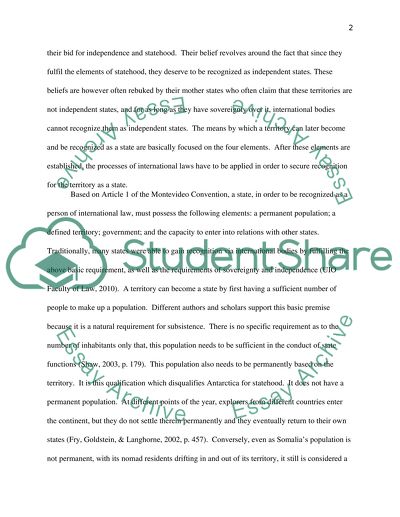Cite this document
(“International Law Essay Example | Topics and Well Written Essays - 3500 words”, n.d.)
Retrieved from https://studentshare.org/environmental-studies/1404782-international-law
Retrieved from https://studentshare.org/environmental-studies/1404782-international-law
(International Law Essay Example | Topics and Well Written Essays - 3500 Words)
https://studentshare.org/environmental-studies/1404782-international-law.
https://studentshare.org/environmental-studies/1404782-international-law.
“International Law Essay Example | Topics and Well Written Essays - 3500 Words”, n.d. https://studentshare.org/environmental-studies/1404782-international-law.


